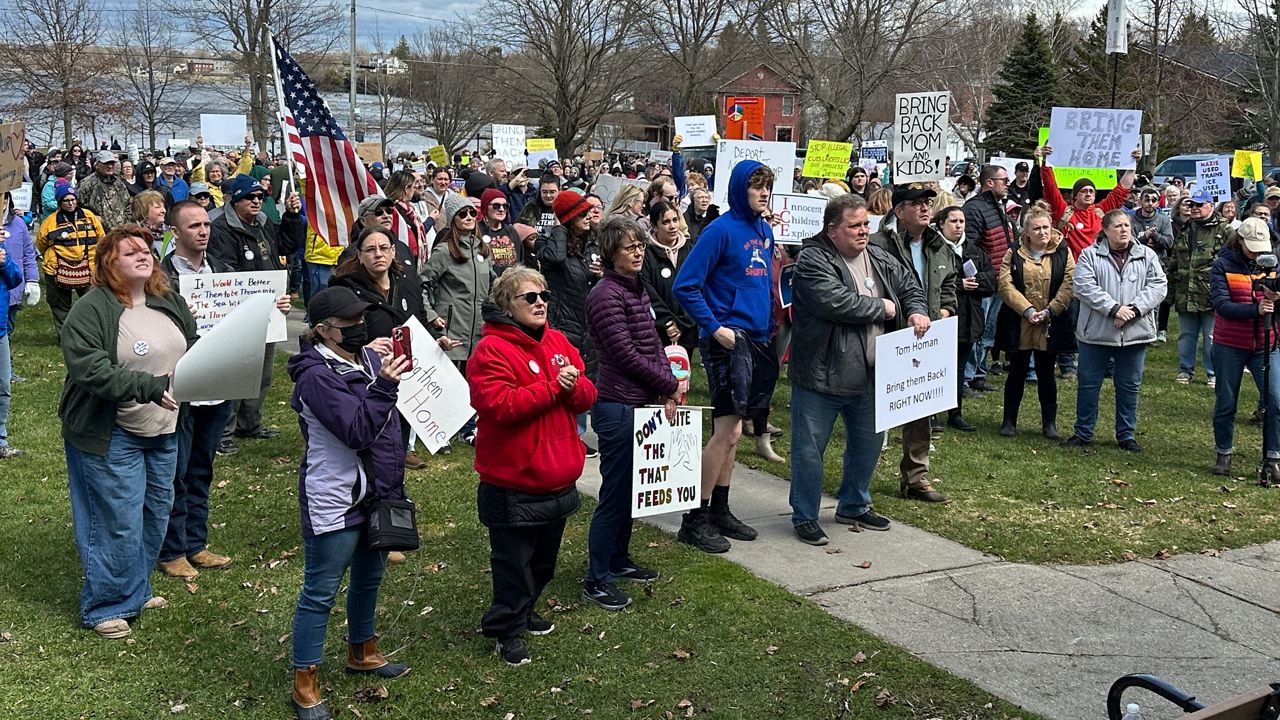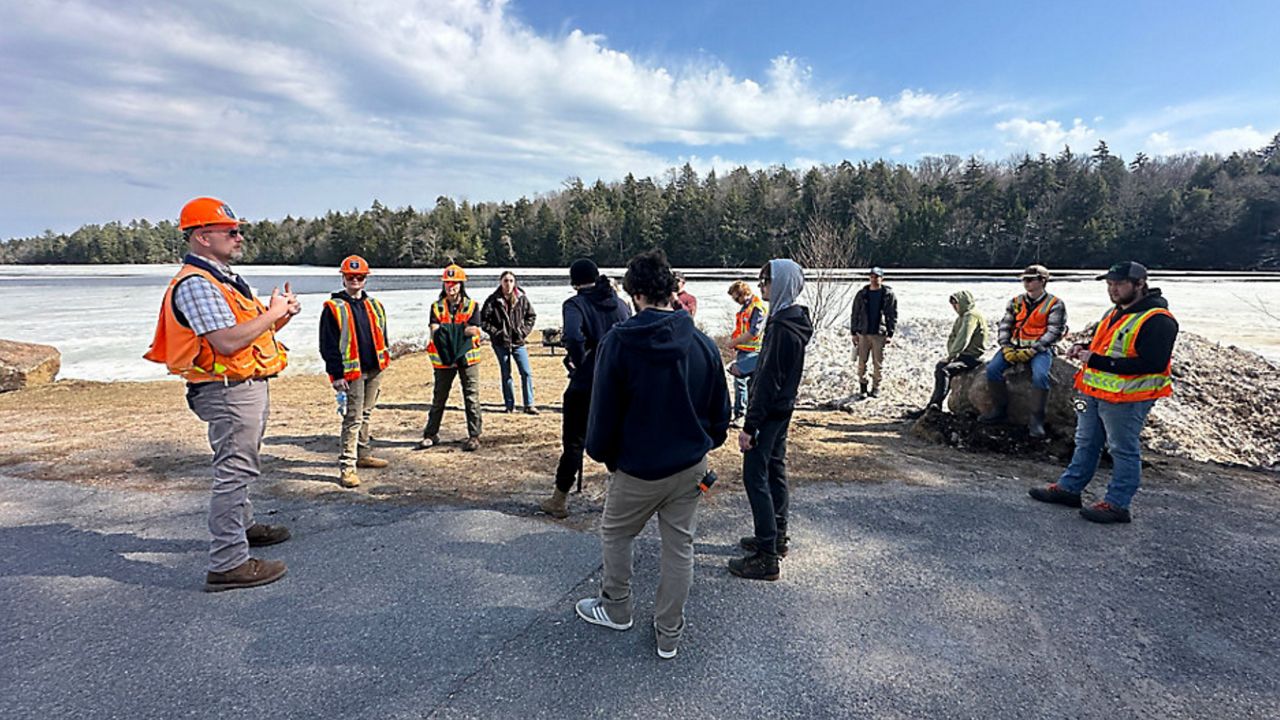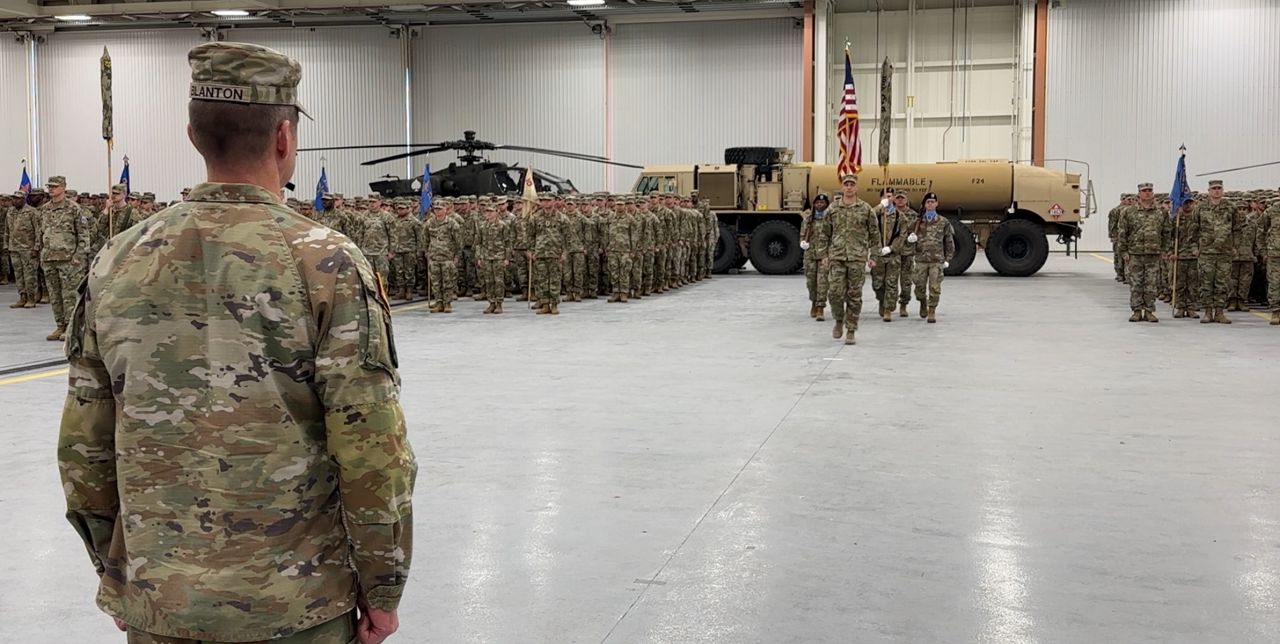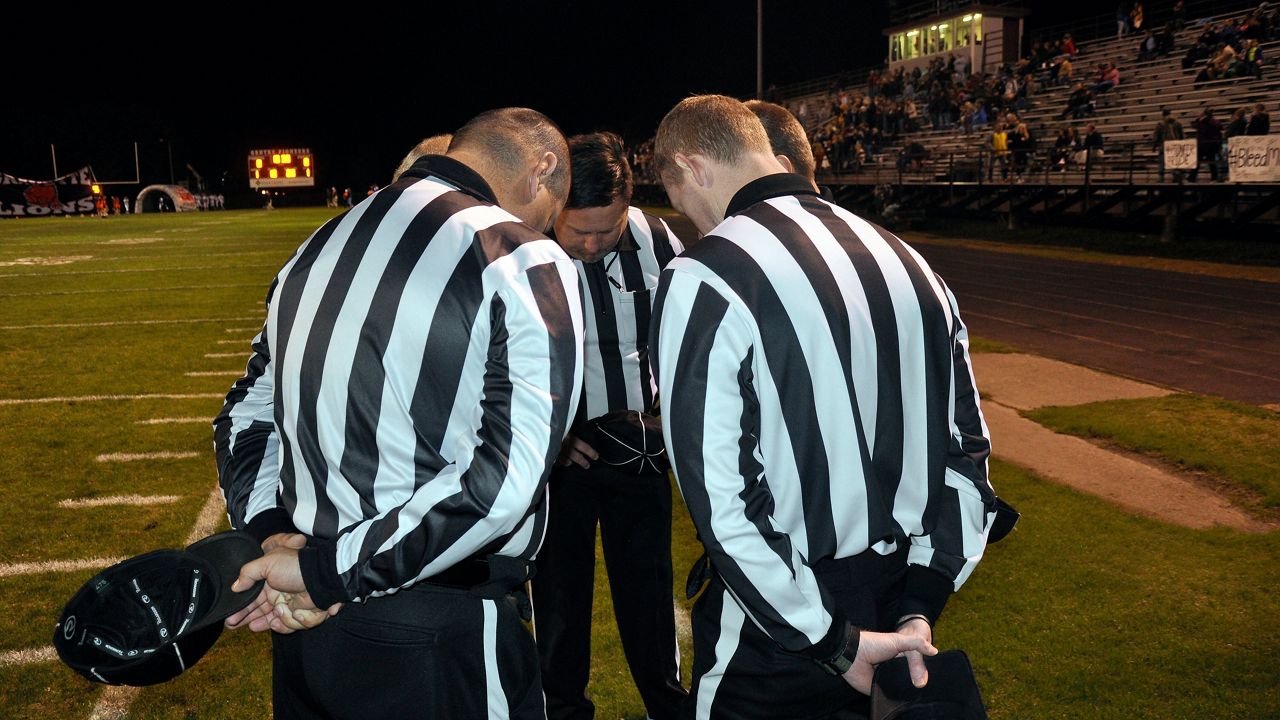Health care facilities across the country are in severe need of doctors and nurses. However, the needs go much deeper. Laboratory technologists and technicians are a critical part of health care, and hospitals need them now more than ever.
River Hospital in Alexandria Bay has a big lab for a smaller facility in the North Country.
“We run all the tests that are ordered from the doctor, take care of the analyzers in the lab and get samples that we can trust and results that we can trust,” River Hospital Medical Technologist Devin Brandt said.
Brandt recently showed off his lab to some young students interested in a career in the medical field.
“Most people know the doctor and nurse role, but it's just less of a well-known thing, what a laboratory means,” he said.
U.S. lab techs perform about 14 billion tests every year. The results of those tests will shape two out of every three decisions that a doctor will make. Yet, the nation is still 20,000 to 25,000 people short of filling the need.
“I mean, it could shutter certain service lines or it could it could shutter the availability of doing labs 24/7,” River Hospital Health Care Recruiter Tasha Dwyer said of the lack of techs.
One of the big issues is a relatively recent change to education requirements. Technicians now need a four-year degree to spend time in a lab alone, rather than just an associates' degree. While that may not affect big hospitals with large staffs, at River Hospital, it's a major concern.
“We're even looking at techs that are coming from different countries to fill those gaps because there's just not enough students going into laboratory technology programs,” Dwyer added.
And those that do, typically, are not looking for a small rural community in which to settle. It's why the hospital says events like its youth camp are critical.
“They don't think about that background work until we bring them in here and show them ... it's kind of a cool job,” Dwyer said.
Devin Brandt was a traveling tech before he got to Alexandria Bay and River Hospital.
“I like the peace and quiet, and just the really neighborhood kind of feel where we all help each other,” Brandt said of his decision to move to the region permanently. “The area is beautiful for kayaking and hiking and all the things that I do now."
Brandt added that he thinks a wider range of candidates is needed to narrow it down to those who have a preference for what each facility, in each community, can offer.










